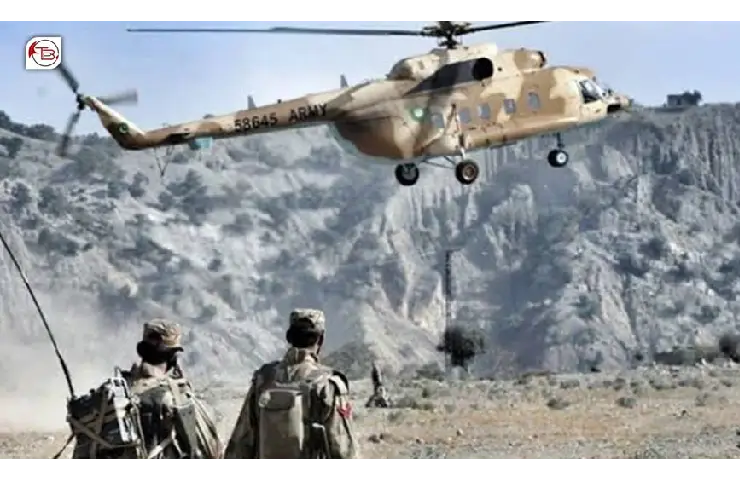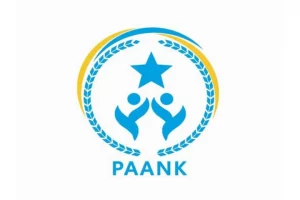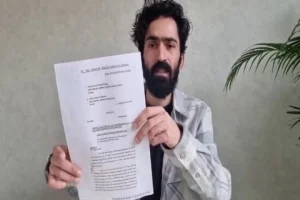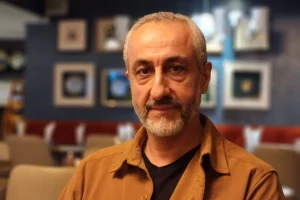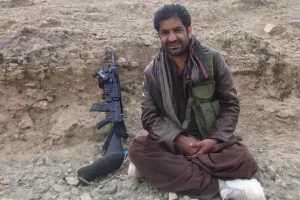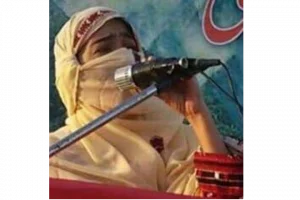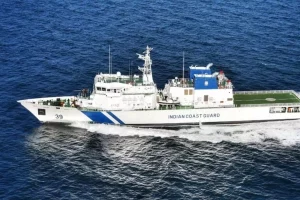Even as the world is busy trying to make sense of the strange situation in Afghanistan—where militants are trying to form a government—Pakistan has quietly unleashed its helicopter gunships in Balochistan.
The local media in Balochistan—an impoverished region of Pakistan—has reported that Pakistani ground forces are "backed by gunship helicopters that continue to pound the civilian population. Several areas of Bolan have been cordoned off making it difficult for the media to report any immediate casualties".
بولان میں دوسرے روز فوجی آپریشن جاری #TBPNews | #Bolan https://t.co/t5EkgDRU5F
— The Balochistan Post (@BalochistanPost) September 30, 2021
The Baloch Warna report added: "Pakistan army helicopters have been shelling in Bazgar, Surgaad, Bohak and surrounding areas since morning. The active offensives began in the early hours of Wednesday whereas on Tuesday even fresh contingents of the Pakistan army were seen advancing toward Bolan". Reports say that “special commandos” are being airlifted to the region. "The military forces have landed in Bohk, Bakhel, Injir, Halksar and started encircling the entire area", says the newspaper.
Another local newspaper, The Balochistan Post corroborates the news.
It says: "a large-scale military operation is in progress in Bolan and its environs. A thousands-strong contingency of security forces has been deployed in the region and they are rapidly advancing inwards towards main areas. Eight gunship helicopters have been sighted circulating the area and bombarding several houses in Soorgaarh, Chalri and Bok".
The newspaper adds that the Balochistan Liberation Front (BLF), a Baloch pro-independence group has intensified its attacks on Pakistani forces erecting border fences in the region.
Geo-political analyst Mark Kinra says: “Attacks by various Baloch organizations and Tehrik-i-Taliban Pakistan (TTP) on Chinese nationals and their infrastructure has resulted in friction between China and Pakistan. This has led to the Pakistani Army again intensifying operations in South Waziristan, Khyber Pakhtoonkhwa and the same has been happening in Balochistan as well. Recently, Pakistani news reports stated that Shikarpur Police claimed to have killed Sindh leader of Daesh in Sibi Balochistan and have arrested Daesh members from Karachi".

Pakistani has intensified helicopter gunship attacks around the Bolan Pass and Quetta areas in Balochistan (Photo: Google Maps)
Pakistani newspaper The News quotes intelligence agencies as saying: "Nearly 200 activists of different Baloch militant organisations and Daesh/ISK-P cells have been reported in and around Nago hills of Mastung and in Margat in the outskirts of Quetta".
This makes it clear that many terror groups from Afghanistan are assembling in Balochistan. They are also planning attacks in "Karachi, Lahore and Islamabad and Quetta through active and sleeper cells".
Strategically located Balochistan touches Afghanistan and Iran, making it easy for militants, drug cartels and gun runners to move across the porous borders. The province also has an active independence movement as the Baloch people claim sovereign status since British times. They say that Pakistan has occupied Balochistan by force, denying them their independence.
Just last week Baloch nationalists had blown up the statue of Pakistan’s founder Mohammad Ali Jinnah in the port city of Gwadar by placing explosives under it. A couple of days earlier, four Pakistani army soldiers had been killed by Baloch groups.
The Baloch groups have also targeted Chinese personnel, and even Beijing's ambassador to Islamabad, for what they call the exploitative China Pakistan Economic Corridor (CPEC) which is sucking out the region’s riches without uplifting the local people.
The $62 billion CPEC seeks to link the port city of Gwadar in Balochistan to China’s north-western Xinjiang through a maze of highways and railways. The project also envisages energy and power projects to meet Pakistan's energy needs.
The Baloch say that both Pakistan and China have been expoiting Balochistan's rich mineral deposits like gold, copper, precious stones, iron and coal without jobs or benefits coming to the local people. The building of a naval and civilian port by China in Gwadar has led to acquisition of land as well as loss of livelihoods for Baloch fishermen.
As Balochistan continues to wallow in poverty, with poor education and health parameters, Baloch nationalistic groups have been waging a war against the Pakistani State.






